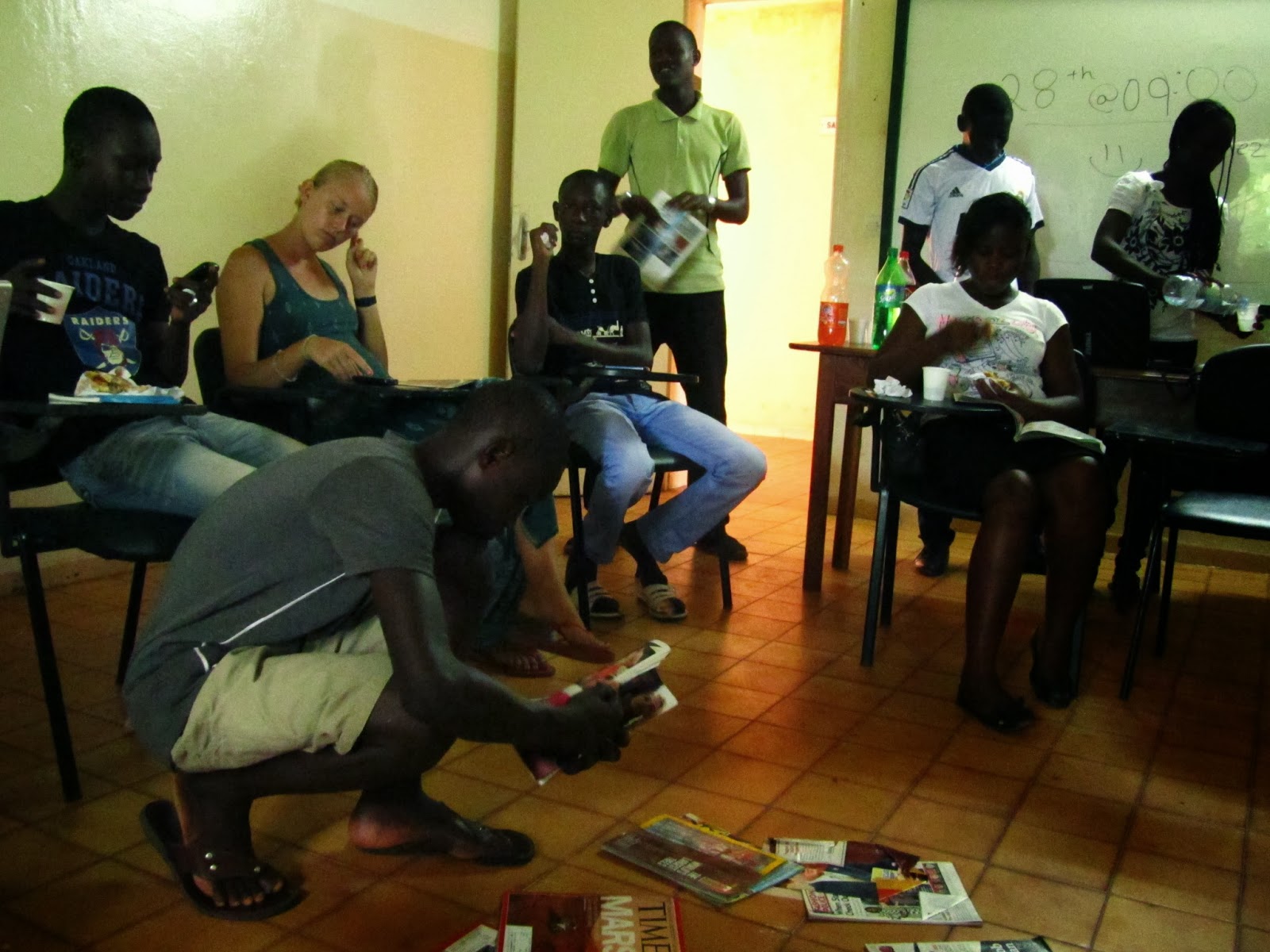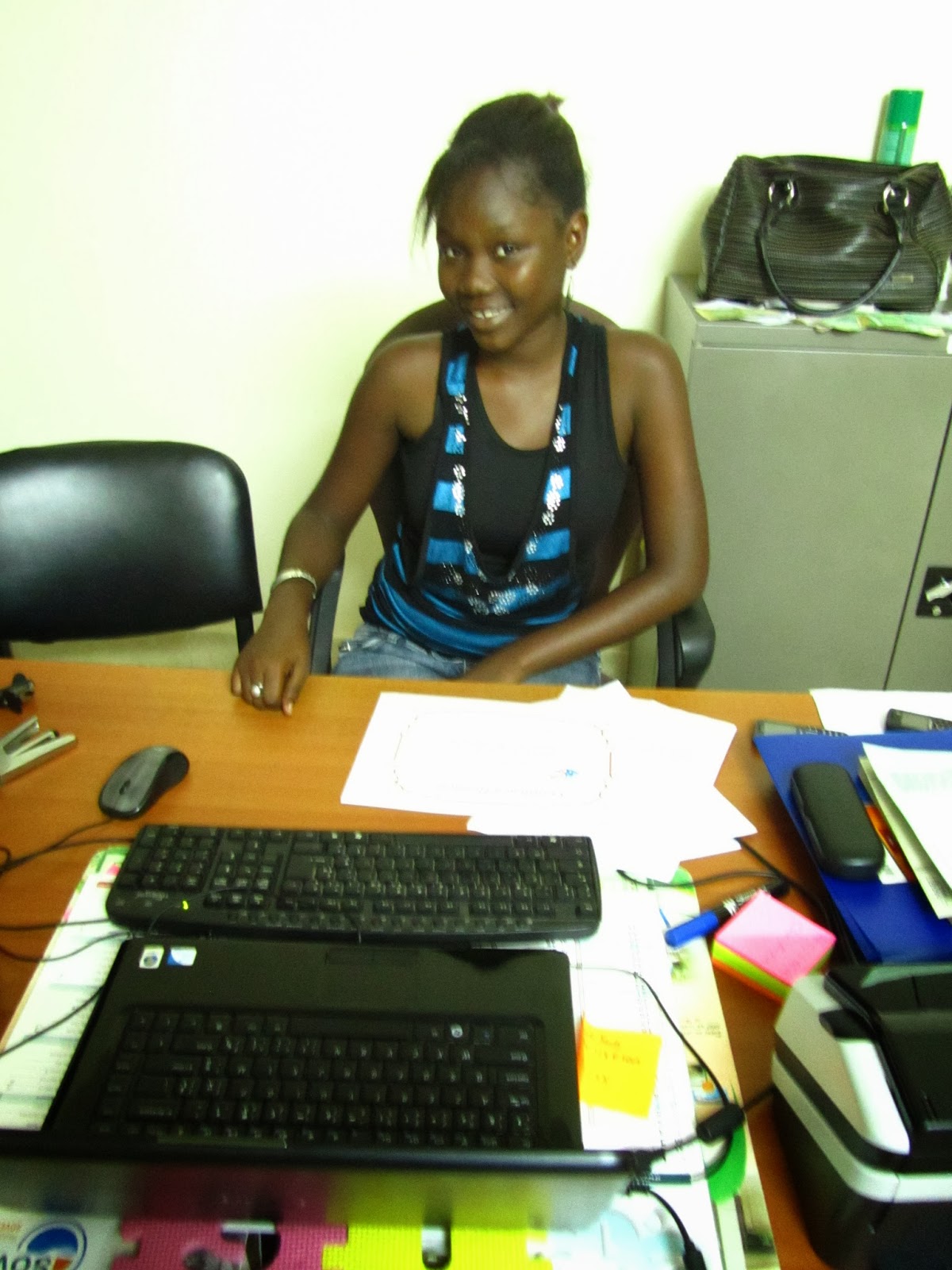A final blog is needed to conclude my Peace Corps journey. After returning to the US, my instinct is not to write about how I wrapped up final projects, conducted an inspiring camp for girls or passed along baby weighing work to counterparts; its about the children I had to say goodbye to.
I will leave you some pictures that I frantically took during my last 7 days in village, as I realized this is the final chance I will get to photograph, cuddle and teach the cutest kids in the world.
There is Ami, who was only 3 months old when I arrived. I carried her on my back, saw her take her first steps and say her first words.
 There is Mariama, whose mother I saw struggle to gain weight during her pregnancy after experiencing 2 miscarriages. She was born severely underweight but over the 14 months that I saw her grow she became a chubby, healthy baby who could walk into my arms. Oh, and she has the worlds cutest butt.
There is Mariama, whose mother I saw struggle to gain weight during her pregnancy after experiencing 2 miscarriages. She was born severely underweight but over the 14 months that I saw her grow she became a chubby, healthy baby who could walk into my arms. Oh, and she has the worlds cutest butt.
There is Lamini, whose attitude and spunk would put a smile on my face, even if I was dehydrated, annoyed and starving.
 There is Fantan-din, whose mother was a mere child herself and who I was with when she was told she was pregnant out of wedlock.
There is Fantan-din, whose mother was a mere child herself and who I was with when she was told she was pregnant out of wedlock.There is Nini, who for months would scream bloody murder when she saw me, scared of the white person. But upon my final months would instead chant my name and run up to hug my legs ever time she saw me, making me feel like the most special person in the world.
And there is my namesake, Fanta, who slept in my bed with me, who I taught to her own name, but who taught me so much more. She was my Jahanke teacher, my personal washing machine and my companion. Her emotional intelligence and work ethic could rival any 30 year old America, yet she is barely 7.
For me, this is 'Africa'. There is no starvation, no war, and no 'underdevelopment'. There are only the biggest smiles, a love of one's family and a love of life.





















